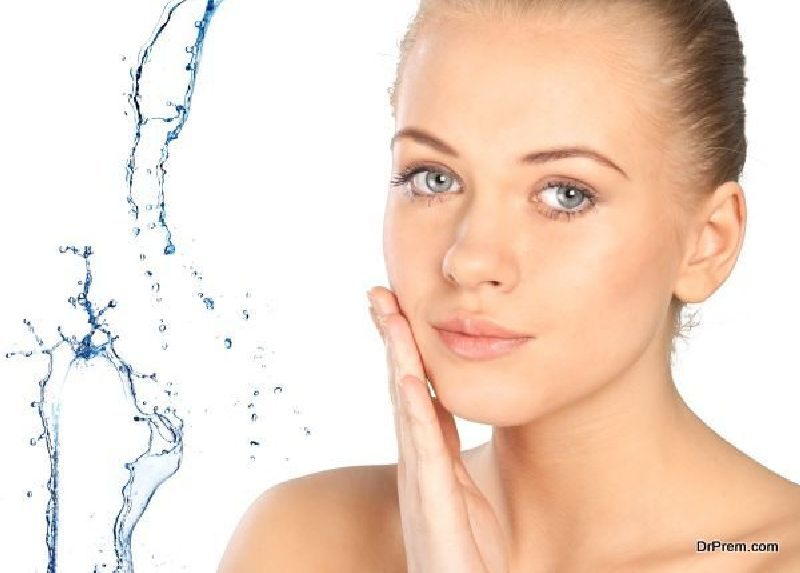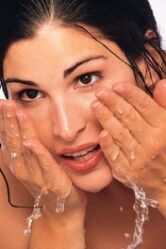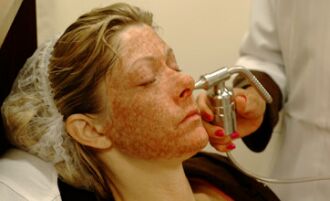Humidity can seriously sideline your hair care routine, but how does it affect your skin? Large amounts of airborne water vapors can be as detrimental to your delicate skin, just as much as a lack of humidity will dry your skin out. Here are four ways that humidity can help or hurt your skin.
Low Humidity Dehydrates

Seasonal Low Humidity
Seasonal changes in humidity are common in the winter and summer months. Home heaters have a tendency of robbing the air of moisture, as does spending time in the sun. Most people enjoy around 45 percent relative humidity. A practical and useful approach to addressing the effects of low humidity is with a daily moisturizer and regular use of an HVAC air humidifier. Using a humidifier at home maintains a healthy level of humidity indoors, while a quality moisturizer used twice a day will seal this moisture in the skin.
High Humidity and Sweat
Too much humidity makes the ambient temperature feel warmer than what the thermometer says, and it interferes with the body’s natural cooling system. These high levels of moisture adversely impact your skin. Sweat evaporates very slowly when it’s humid, so this excess sweat and oils will build up on your skin, blocking pores and causing breakouts. High humidity is also the perfect breeding ground for skin irritating bacteria and fungus that can lead to infections, causing rashes and red, flushing skin. Avoid heavy moisturizer during high humidity days that will make skin feel sticky.
Heat Plus Humidity
Combine heat and humidity, and you’re in for a real treat. Our skin absorbs moisture like a sponge, and in these conditions, your skin may develop a nasty heat rash or even blister. Staying cool and dry indoors with a well-maintained HVAC system is one of the best ways to fight the damaging skin effects of high heat and humidity. If your skin has a habit of breaking out easily, try a salicylic acid based cleanser that removes excess oil and kills bacteria caused by high humidity. Heat rashes may take several days to heal, but if your skin’s symptoms get worse, it’s best to go see a doctor.
Moisture plays a critical role in maintaining our skin’s resilience and overall health. When you’re exposed to high or low humidity over a long time, you may irritate existing skin conditions, and even create new ones. These practical tips will help you better manage humidity for beautiful, radiant and healthy skin.
Article Submitted By Community Writer





